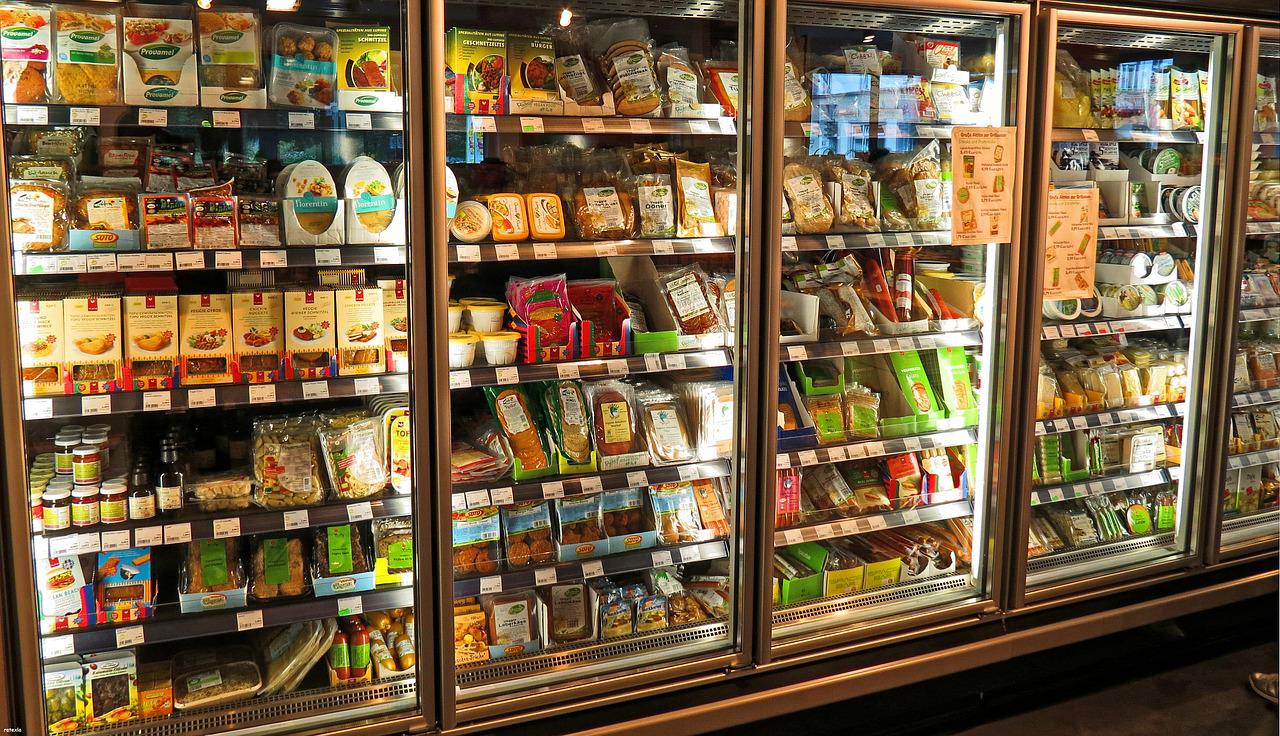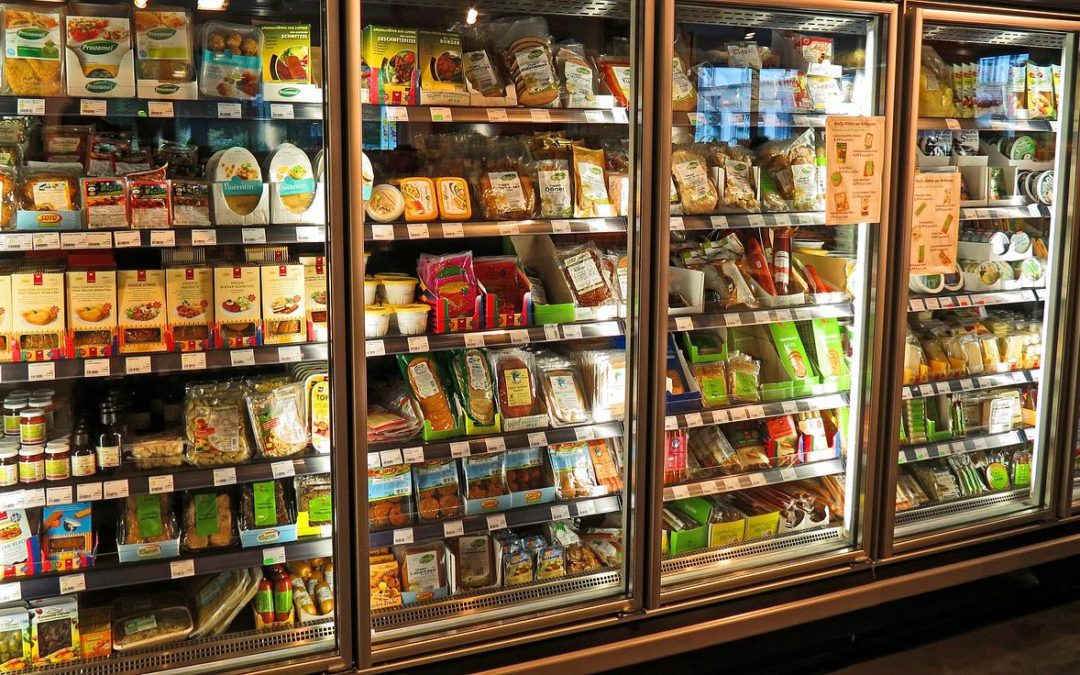
Finding out how much environmental impact a certain food has can be difficult, but now a research team from the University of Oxford in Great Britain has gone through 57,000 foods to see which are the most and least sustainable.
The researchers used publicly available information about the foods and then used a model they developed to work out how sustainable each food was. Among other things, they looked at emissions, land use, water consumption and eutrophication that the production of the food entailed.
"This is very exciting. For the first time, we have a transparent and comparable method for evaluating the impact that processed food with multiple ingredients has on the environment. This type of food makes up most of what we buy in the store, but previously there has been no way to compare the environmental impact of different products" says Peter Scarborough, professor at Oxford and one of the researchers behind the study, in a press release.
One conclusion of the study is that, in general, food containing meat, fish and cheese has the greatest environmental impact. Products that mostly consist of fruit, vegetables and flour have a significantly lower environmental impact.
Eating less meat is therefore a good way to reduce our own environmental impact, according to the researchers. Plant-based alternatives to meat had only 10–20 percent as much impact as the corresponding meat product.
The researchers now hope that the algorithm they developed for this analysis will help us choose more environmentally friendly products and make manufacturers invest in more sustainable production.
"Our work could form the basis of tools that help consumers choose more environmentally friendly alternatives. Even more importantly, it can lead manufacturers and food stores to produce and sell food with a lower environmental impact and thus make it easier for all of us to have a sustainable and healthy diet" says Peter Scarborough.





